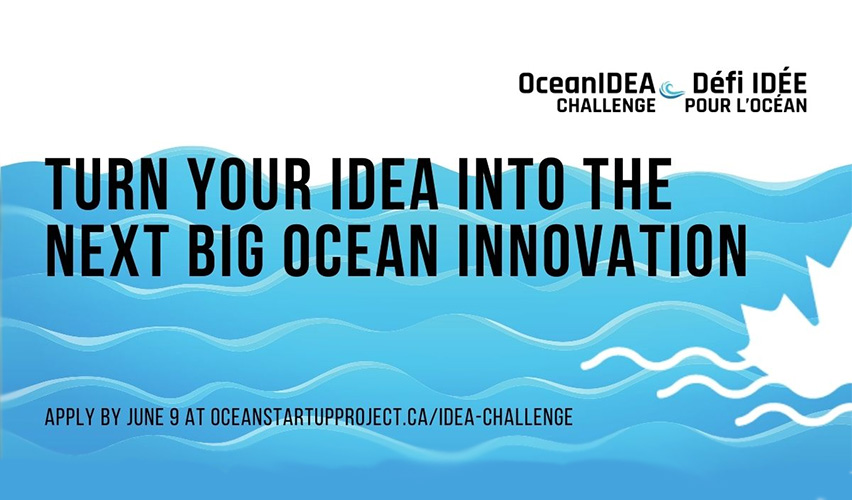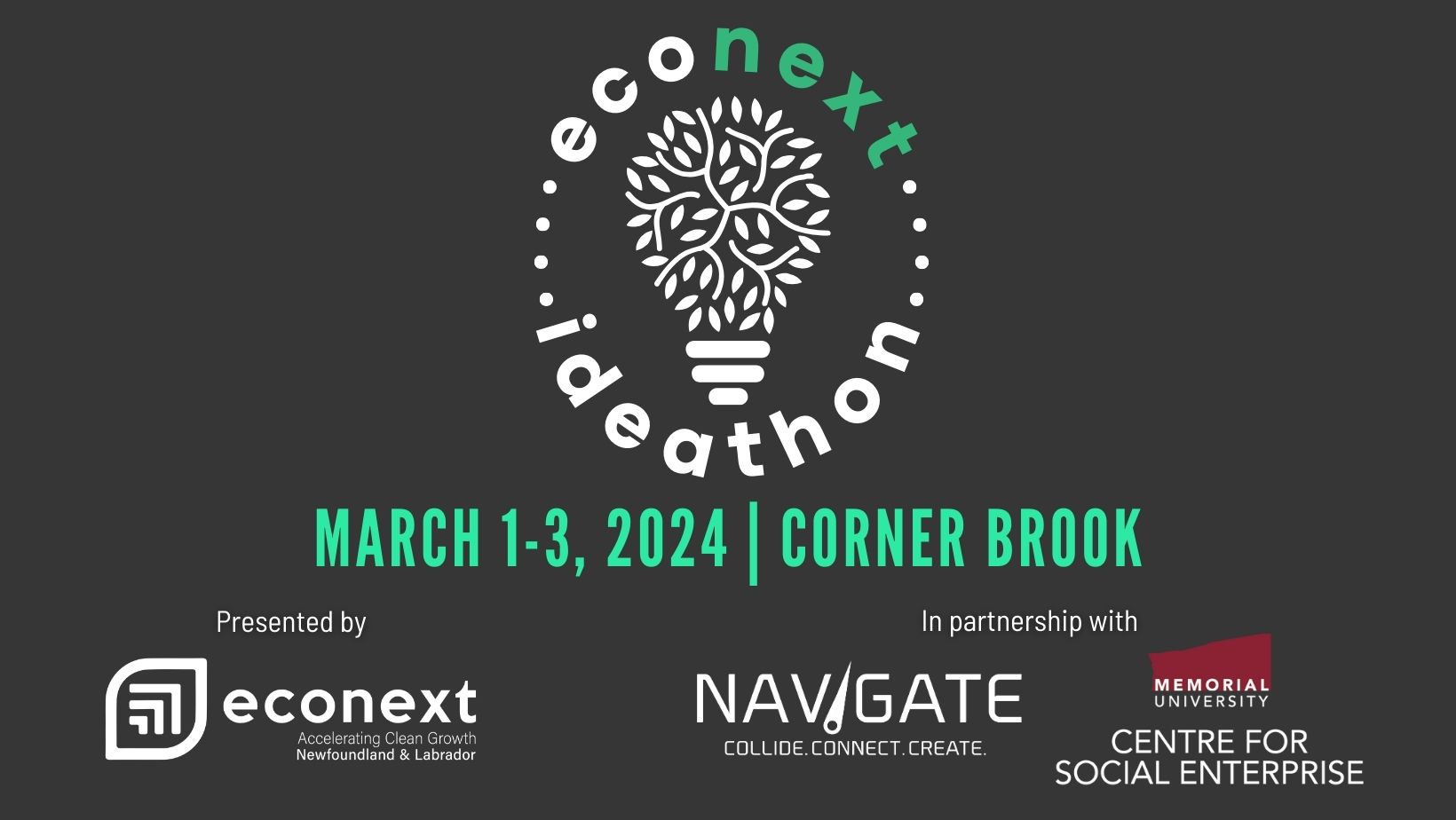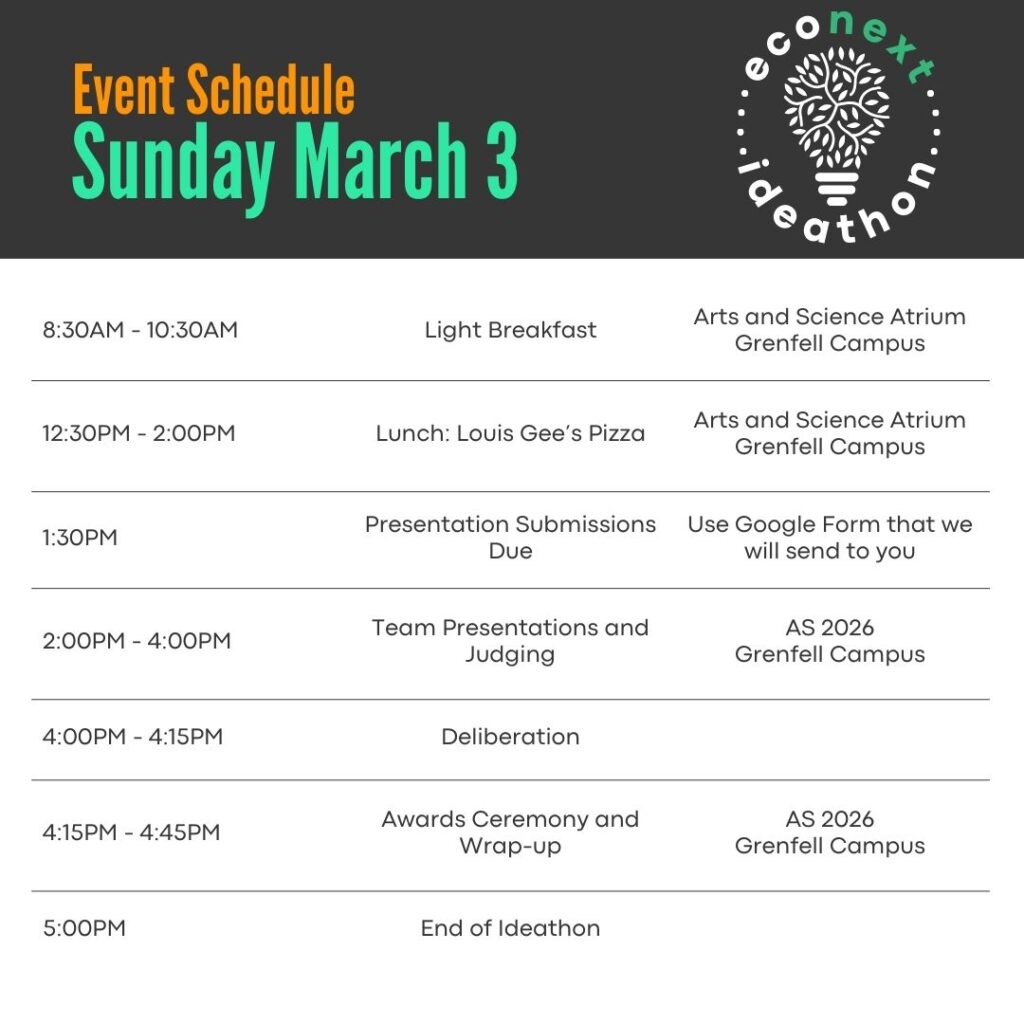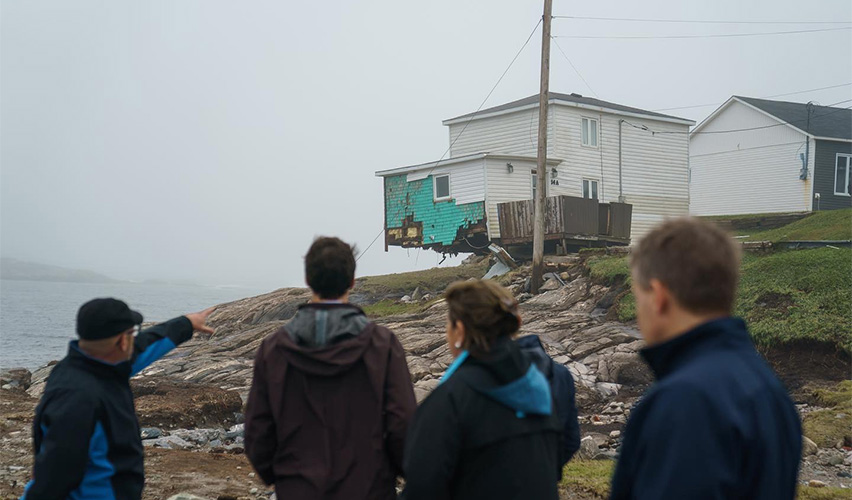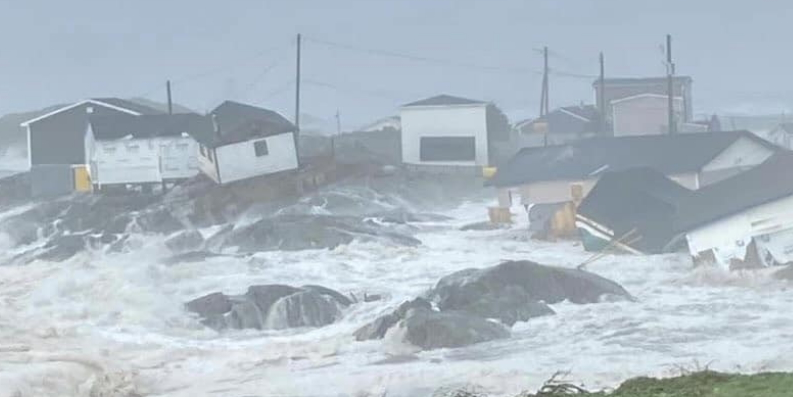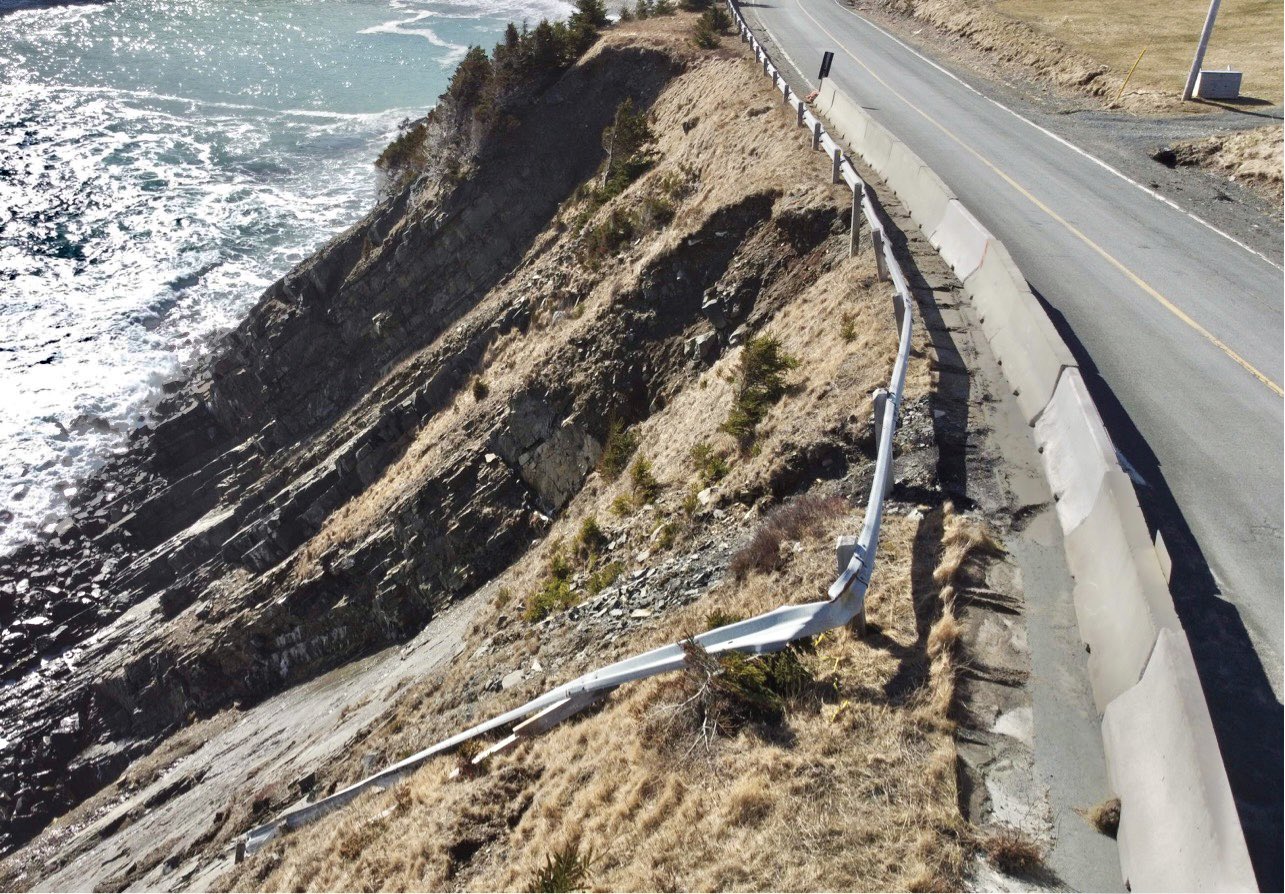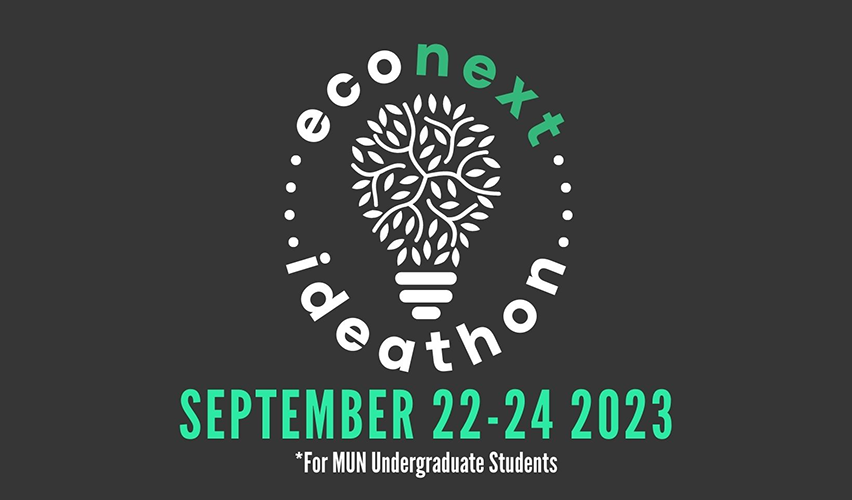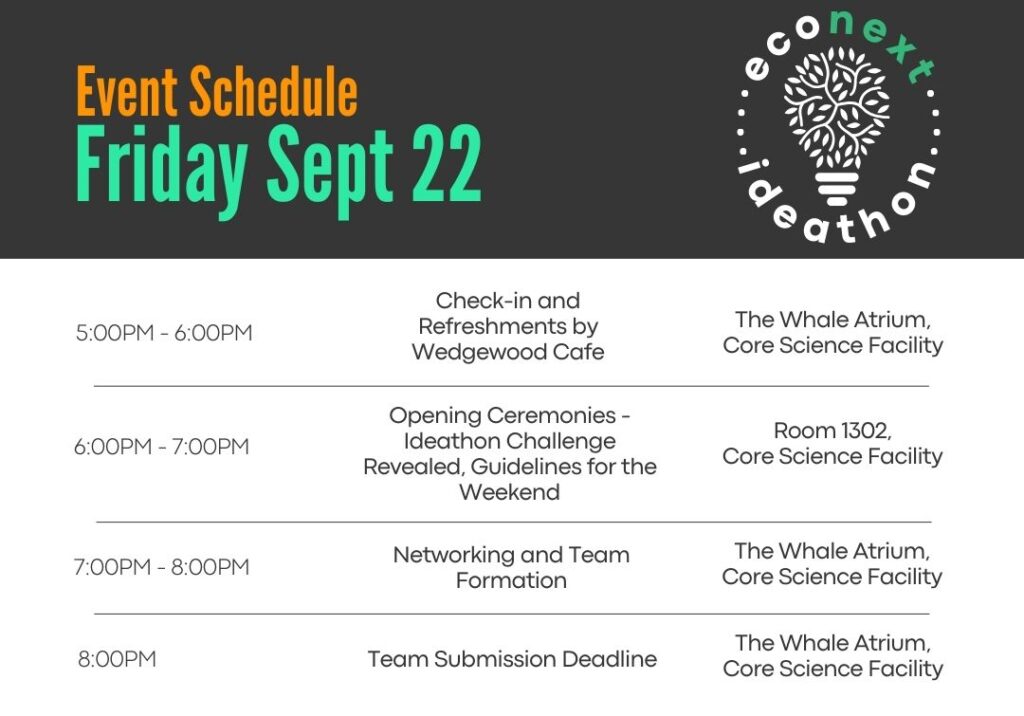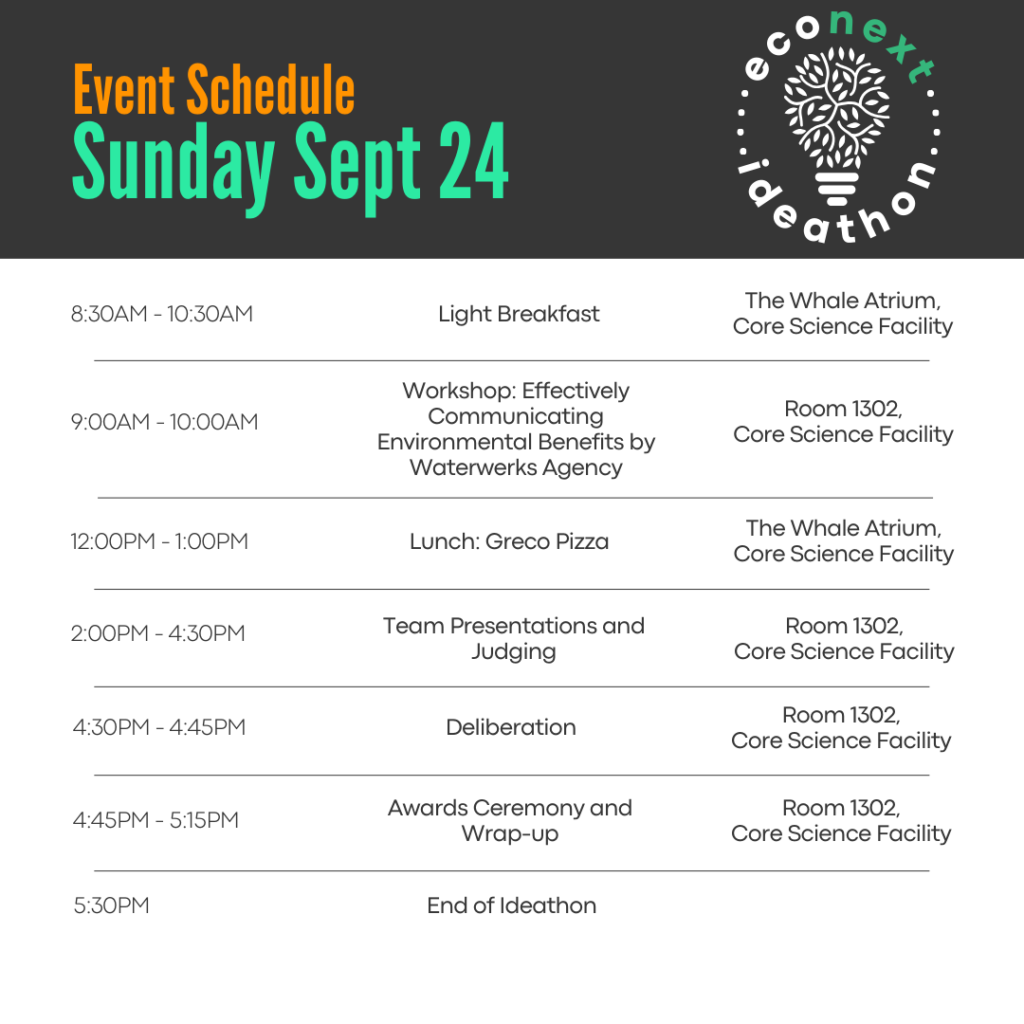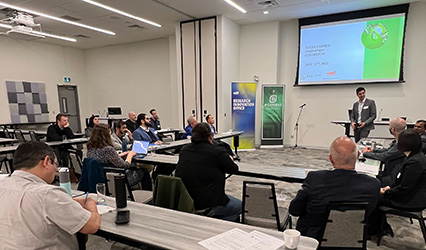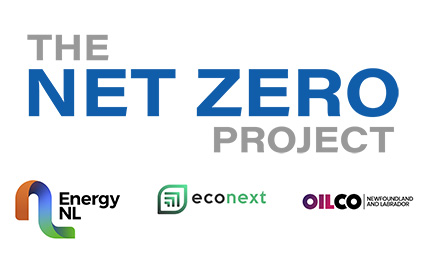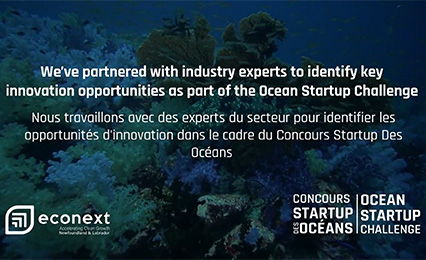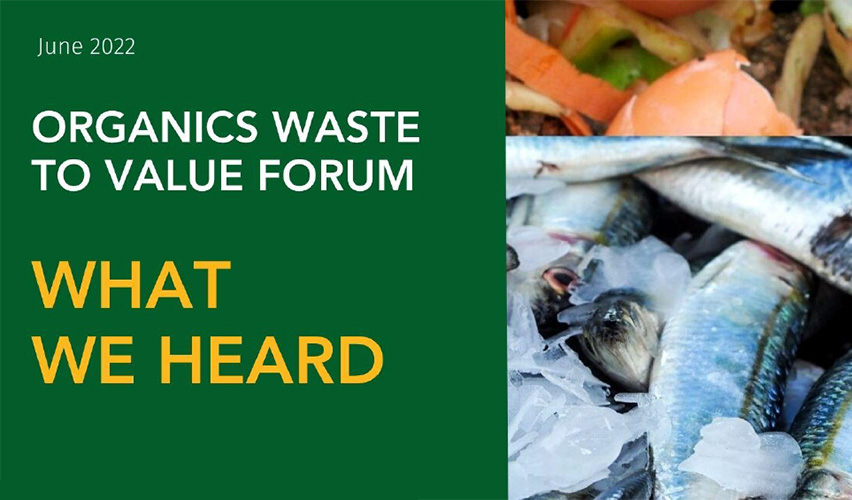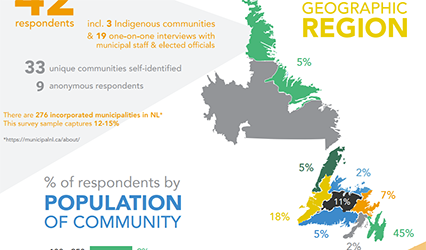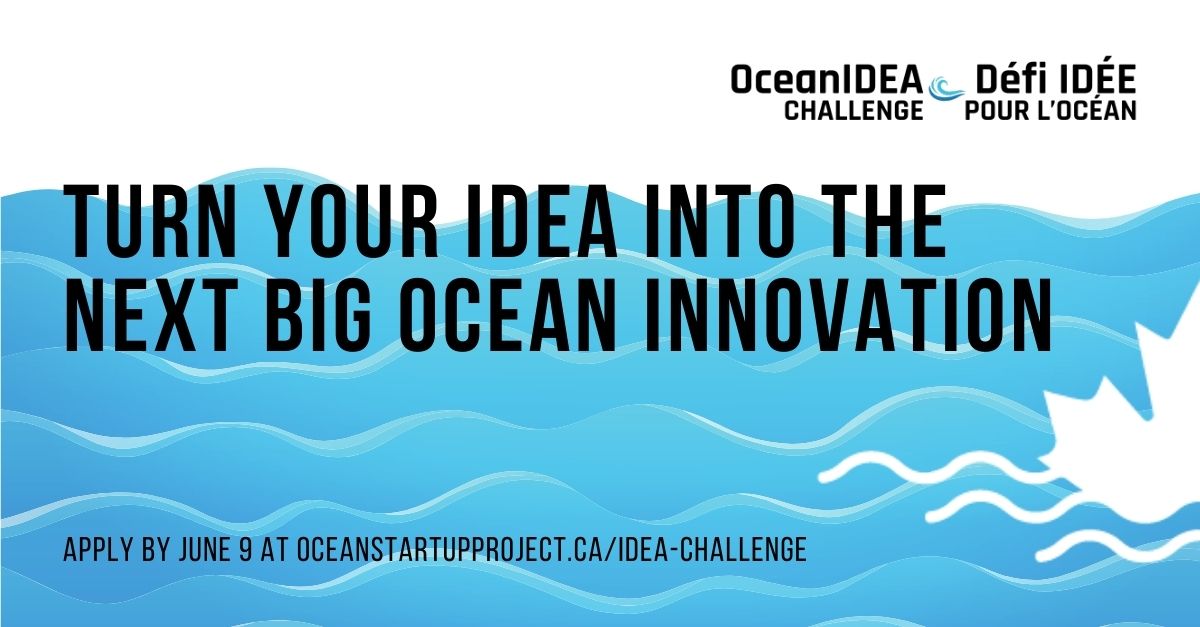
For Immediate Release
June 5, 2024
econext has partnered with the Ocean Startup Project to present a series of innovation spotlights to help inspire entrepreneurs competing in The Ocean Idea Challenge.
The Ocean Idea Challenge invites aspiring entrepreneurs to begin their customer discovery journey, aimed at turning innovative ideas into viable solutions for sustainable ocean industries.
“The development of ocean technology is one of our great innovative strengths in Newfoundland and Labrador,” said Kieran Hanley, econext‘s CEO. “We want to double down on that and do what we can to help create a wave of new startups focused on environmental sustainability in our oceans.”
Hanley said that one way econext can contribute is by providing entrepreneurs with real world environmental challenges that industry is facing. “Not every entrepreneurially-minded person comes to table with an idea in hand, and so we are helping by seeding a few ideas worth exploring.”
“Collaboration between industry and startups is crucial in bringing fresh and innovative perspectives to expert-identified ocean challenges,” said Paula Mendonça, Executive Director at the Ocean Startup Project. “By working together, we not only lend credibility and validation to these emerging companies but also give them a significant advantage in their customer discovery journey. It’s through this synergy that we can drive meaningful change and propel our industries forward, creating a future where innovation and expertise go hand in hand.”
More information on the Ocean Idea Challenge can be found here.
Winners of the challenge receive:
- Funding: Secure up to $7,000 to support your early stages of customer discovery and help bring your ideas to fruition.
- Resources and Support: Access local technology innovation hubs, receive expert guidance, and utilize extensive resources to refine your project.
- Network Building: Engage with potential teammates, partners, and industry leaders who are equally committed to the health of our oceans.
Innovation Spotlights
econext submitted the following industry challenges for entrepreneurs to consider:
Offshore Energy
Canada’s oceans present a new challenge for offshore wind developments: icebergs. To realize the region’s full economic potential, new technologies and procedures are needed to mitigate the risks that icebergs may present to offshore wind farms. Challenge: Develop a solution to predict the flow and/or mitigate the risks of icebergs on offshore wind farms and infrastructure.
Fuel switching for marine transportation
Ships and boats are long-term investments; while future vessels may incorporate renewable technologies in their designs, fossil fuels dependent vessels will still be on our waters for many years. Given the size of Canada’s ocean sectors and the important role that marine transportation plays, economical approaches to fuel switching for marine transportation are required if Canada is to meet its net zero by 2050 commitments. Challenge: Develop economical and scalable solutions for retrofitting existing marine vessels to utilize alternative, low-emission fuels such as hydrogen, ammonia, or biofuels, ensuring compatibility with current infrastructure and operational demands.
Storm surge modeling
Climate change is causing more intense storm activity more often in Canada. Storm surges have proven to have the capacity to inflict a great deal of damage to our communities, and this is true in many places of the world. Better storm surge modeling may prove to have important benefits from the perspective of infrastructure planning, emergency preparedness, etc. Challenge: Develop advanced modeling tools that can predict the impact of storm surges with greater accuracy and provide real-time data integration. These tools should be designed to assist in urban planning, emergency response strategies, and the development of infrastructure capable of withstanding severe weather events.
Wastewater
Regions across Canada have a significant wastewater problem. The discharge of sewage to the ocean environment in the form of treated or untreated wastewater can have serious impacts on life. The investment, installation, monitoring, and maintenance related to most technologies is a burden that most small communities find extremely difficult to bear. New approaches and solutions are required to help Canada to discontinue this environmentally unsustainable practice. Challenge: Develop cost-effective, low-maintenance wastewater treatment solutions tailored for small communities in Canada. These solutions should minimize environmental impact, be easy to implement and maintain, and effectively reduce or eliminate the discharge of harmful contaminants into the marine environment.
Registration
Registration for the Ocean Idea Challenge is open from Tuesday, April 30 until Sunday, June 9, 2024 at 11:59pm PT. Click here for more information.
econext is an association of businesses that accelerates clean growth in Newfoundland and Labrador and works on behalf of over 200 members to foster environmentally sustainable economic development. More information can be found at https://econext.ca.
The Ocean Startup Project propels Canada as the top destination for ocean entrepreneurs, driving innovation across the ocean economy. Our mission is to transform Canada into a global hub where ocean startups can thrive, from inception to global market presence. Leveraging a network that includes Canada’s Ocean Supercluster, the Atlantic Canada Opportunities Agency, and partners from across the country – Genesis, Springboard Atlantic, PEI BioAlliance, New Brunswick Innovation Foundation (NBIF), Technopole Maritime du Québec (TMQ), Invest Nova Scotia, and the Centre for Ocean Applied Sustainable Technologies (COAST) – we bolster Canada’s innovation ecosystem for ocean-focused startups. Our efforts have catapulted us to the forefront, being recognized in the top 5 accelerators/incubators in North America and top 10 globally in the Blue Economy sector according to Startup Genome’s Report. Launched in 2020, we’ve quickly become a global contender, not only speeding up market access for Canadian startups but also attracting international ventures. Join us in navigating the future of the ocean economy, where together, we can unlock the ocean’s full potential. Learn more about The Ocean Startup Project at https://oceanstartupproject.ca/.


